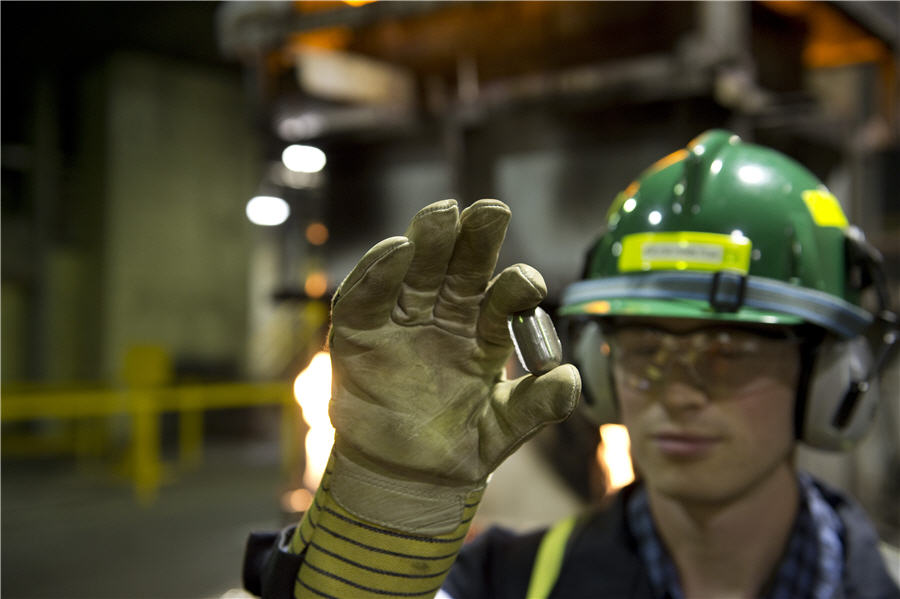Towards the end of last year I wrote about Indonesia’s ambitious plan to form an OPEC-style group for nickel producers. The idea was to coordinate supply and ultimately to boost prices. They approached Canada first of all. Canada, the world’s sixth largest nickel producer gave the idea a polite, non-committal response. But over in the Philippines, which is the world’s second-largest nickel producer, the reply from miners has been even less enthusiastic.
In an interview with Bloomberg, Dante Bravo, president of the Philippine Nickel Industry Association, said, “If prices of raw materials go up, we’ll just end up paying more for finished products we import. That’s not great for us.”
The Philippines supplied out about 10% of the world’s nickel in 2022, mostly shipping it off to China in the form of raw ore. Indonesia, on the other hand, accounts for nearly half of global output, and would dearly like other big producers like the Philippines, Australia, Canada, and Brazil to come onboard.
Indonesian Investment Minister Bahlil Lahadalia has been pitching the alliance plan but it’s looking unlikely. Not only are Philippine miners skeptical, but Australia’s big mining lobby doesn’t seem interested.
It’s easy to understand why. Indonesia’s push to control more of the nickel value chain is part of President Joko Widodo’s vision to turn the country into a battery industry powerhouse. The 2020 export ban on raw metal ores has paid off, with nickel export revenue jumped from $3 billion to $30 billion in just two years, mostly thanks to Chinese firms setting up refineries and smelters there. And therein lies the problem. Rising Geopolitical tension means that countries have to be more careful than ever who they get into bed with. A close nickel partnership with the world’s nickel giant, that have very close ties to China, is a problem for nations like Canada and Australia.
For the Philippines, Bravo told Bloomberg he feels it’s smarter for the country to work with what it’s got, which is mostly smaller mining operations, and to boost local processing that way. That’s not to say that it isn’t worth talking about in terms of sharing technology, best practices, or making resource use more efficient. But if it’s just about price controls and restricting supply, the Philippines doesn’t see much upside.
Well, that’s kind of what I predicted a few months ago.
Anthony Milewski
Chairman, Nickel 28 Capital











